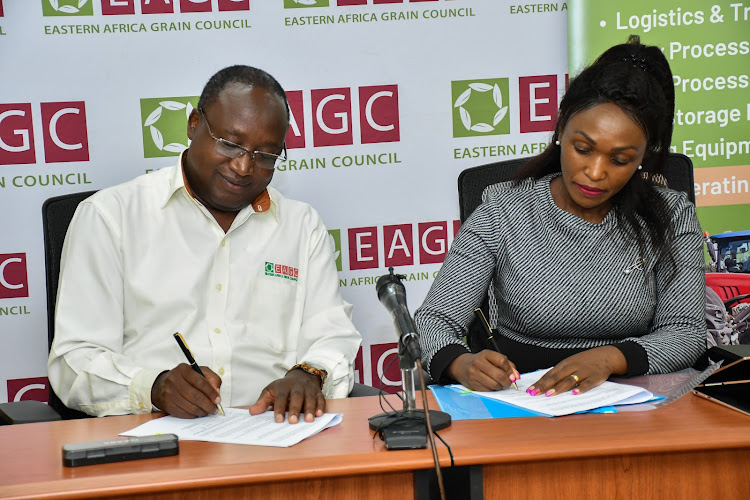
By Agatha Ngotho
Kenyan farmers are still shying away from modernisation due to lack of capital.
According to the World Bank report on Agribusiness Indicators for 2013, the degree of mechanisation in Kenya is about three tractors per 1,000 hectares or 26.9 tractors per 100 square kilometers.
The report indicated that despite the potential that mechanization has in transforming agriculture by helping farmers to intensify their businesses, mechanisation levels remain very low in Kenya and across the continent.
In 2019, Africa Renewal reported that Africa had an average of about one to two tractors per every square kilometer compared to developed countries, where India had 128 tractors while Brazil registered 116 tractors both per square kilometer.
World Bank attributed the low level to the fact that mechanisation is capital intensive, requiring special financial products such as long-term capital, credits, or leasing arrangements, which is beyond small holder farmers and Micro, Small and Medium Enterprises (MSMEs).
“Nevertheless, where the small holder farmers access mechanisation, they are required to go an extra mile to maximize the potential of the agricultural machines which if not maximized, compromises repayment plans and becomes a threat to profitability of the machines,” the report said.
To address this, the Eastern Africa Grain Council (EAGC) on Thursday signed a Memorandum of Understanding (MoU) with EFKen Leasing Ltd (EFKen) to provide lease finance to Micro, Small and Medium Enterprises (MSMEs).
Gerald Masila, EAGC Executive director said the MoU lays a foundation for collaboration along the agricultural value chain in promoting mechanisation.
“The partnership will cut across financing, capacity building and training of the MSMEs. EAGC will sensitise its members among them millers, warehouse operators and farmers including Grain Trade Business Hubs (G-Hubs) that need mechanisation for lease financing and trade facilitation,” he said.
“The arrangement will promote mechanization in the value chain for reduced costs, improved efficiency, increased quality standards, access to better markets and increased incomes for all actors.”
JudyAnne Wanjiku, MD, EFKen said in order to counter the problem, EFKen will offer equipment finance to small scale farmers and SMEs targeting the agricultural value chain of production, logistics, processing and manufacturing sectors.
“Apart from farm equipment EFKen also finances trucks, mills, storage facilities, refrigeration facilities, processing lines, dairy equipment, cane loaders, among others. EFKen has a unique financing approach that treats the leased equipment as collateral and needs no additional collateral requirement, contrary to the conventional approach used by other lending institutions.”
“This approach addresses the pressing issue on collateral when borrowing, a major hindrance to financial access by small and medium enterprises,” Wanjiku stated.
Masila said the partnership will provide access to agricultural financing which grain value chain actors struggle with yet very few service providers dare venture into.
“The MoU illustrates the potential that lies in agricultural financing, given the existing huge demand in the market to access similar financial services. It will see farmers and other players in the value chain consequently adopting these services to improve agricultural production with efficiency and low costs,” he said.
This story first appeared in the Star newspaper.




